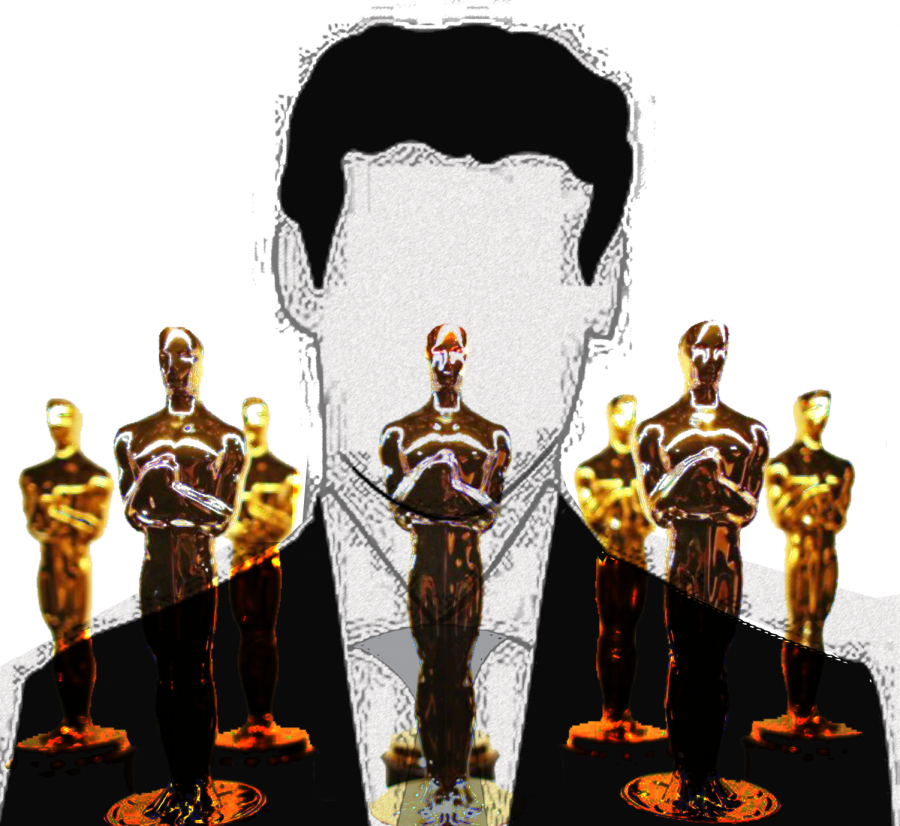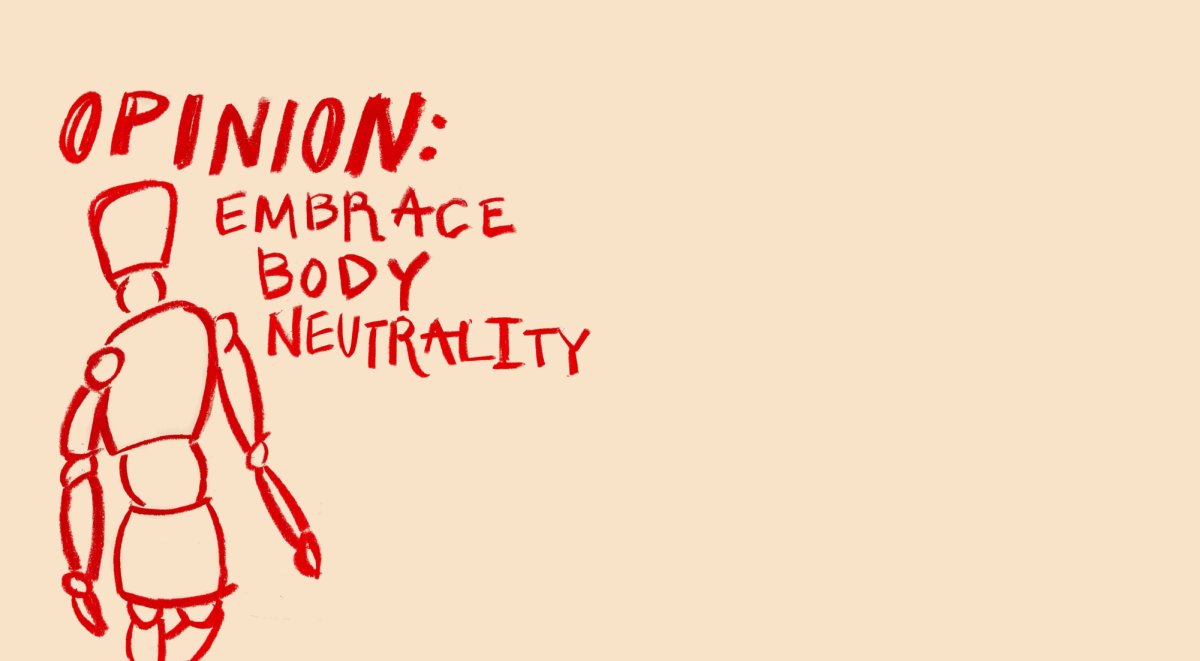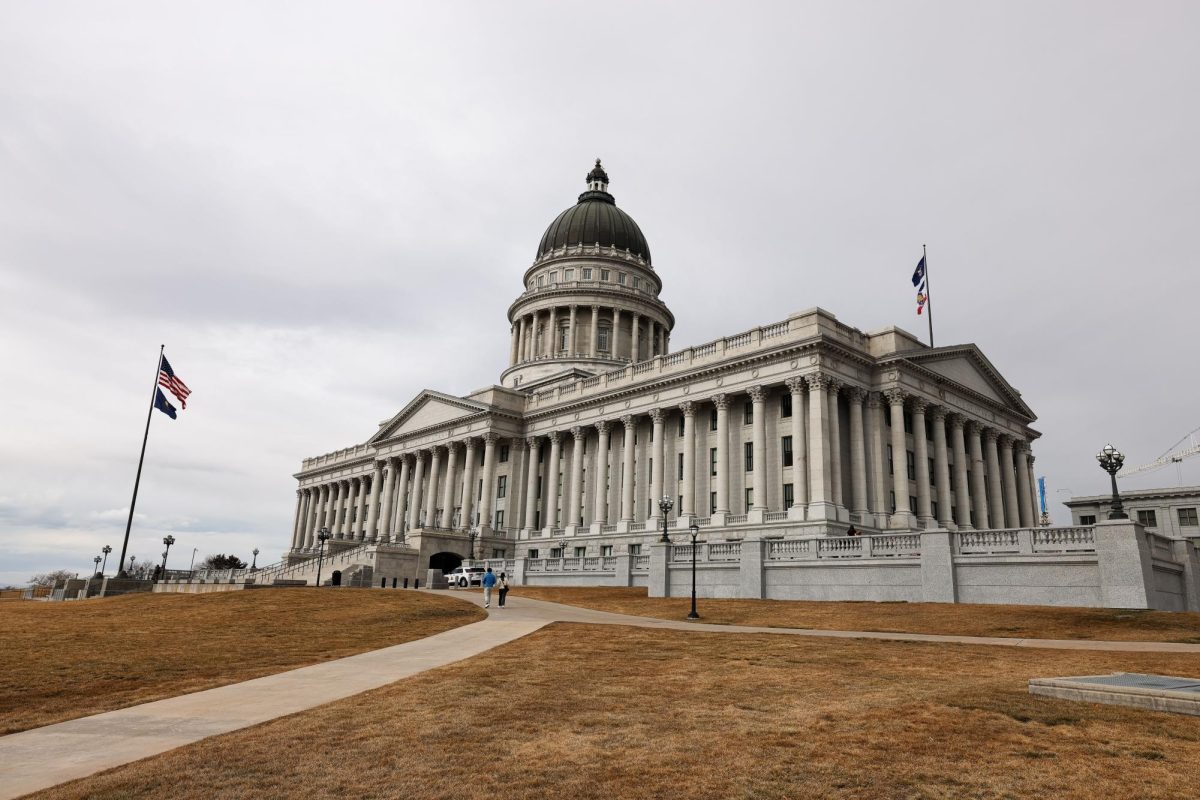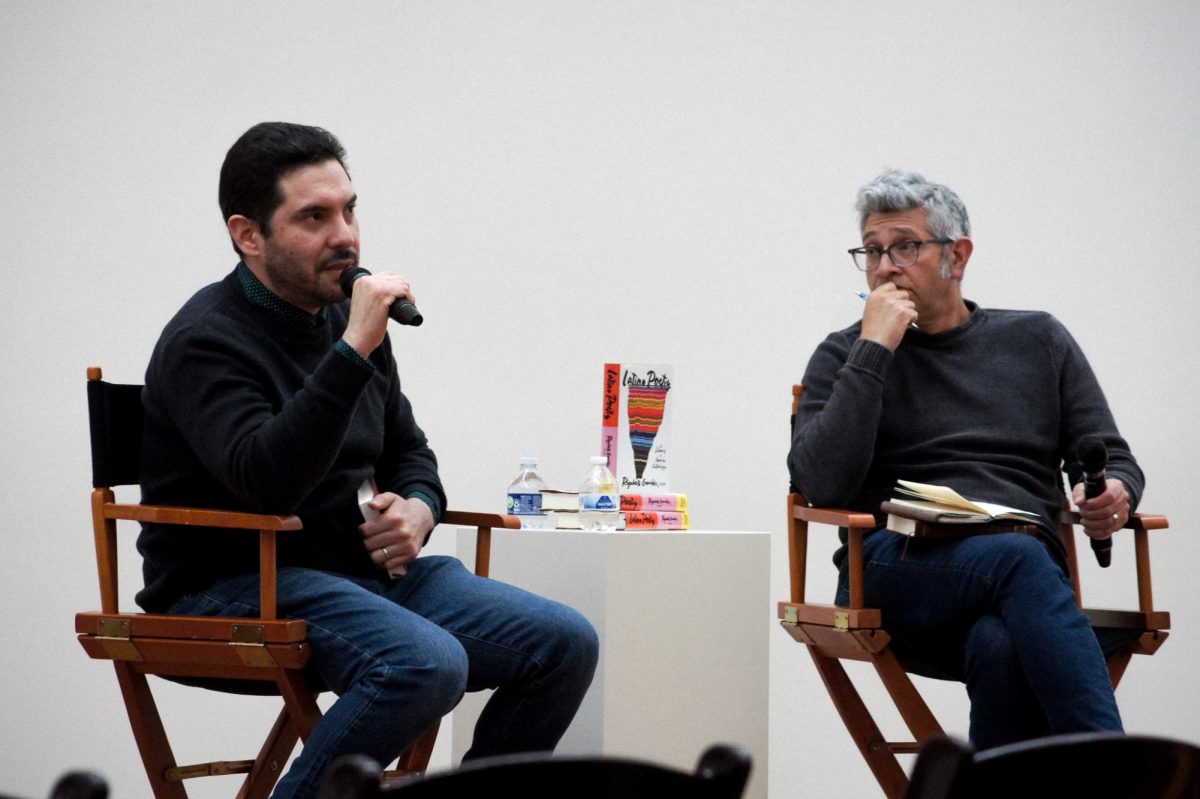Another Year for Women Going Unacknowledged Across Awards Shows
February 8, 2020
Media awards shows are often criticized, whether it be for a lack of racial diversity as #OscarsSoWhite trends for the fourth year in a row, for the toxic celebration of actors who risk their physical and mental well-being for a role or even for the hubbub surrounding the celebrity gossip that happens on the red carpet before the show has even started. Still, Variety estimates that nearly 18.3 million people watched the 2020 Golden Globes, hosted for the fifth time by a surprisingly more sarcastic Ricky Gervais, and even more were projected to tune in for the Academy Awards. With such a wide body of viewers, many of whom are in support of the strides taken in Hollywood since #MeToo, it’s astounding how stacked the nominations and wins still are against underrepresented communities, specifically when it comes to women in gender non-specific award categories.
The most blatant offense is the Best Director category at the Golden Globes, stacked this season with such directorial giants and returning nominees as Quentin Tarantino and Martin Scorsese. Each director’s picture is nominated for one in the Best Picture categories, and I can only imagine the hard work put in by each. That being said, they are all male. It’s shocking to not see a single woman nominated given the work done by female directors this year, including Greta Gerwig for “Little Women” or Lulu Wong for “The Farewell.” This phenomenon isn’t new, though. In fact, there hasn’t been a woman nominated for best director since Ava DuVernay for “Selma” in 2015. Only a handful of women have ever been nominated and no woman has ever won the award.
The gap between female- and male-directed movies was most obvious not in the production awards, but in the Best Performance awards. The only women nominated for one of these awards who were also in a film nominated for Best Picture or directed by a Best Director nominee were Scarlett Johansson for “Marriage Story” and Ana de Armas for “Knives Out.” Compare that to the actors nominated for the equivalent award with the same designation for their film — Joaquin Phoenix, Adam Driver, Jonathan Pryce, Daniel Craig, Leonardo DiCaprio, Eddie Murphy, Taron Egerton, 12-year-old Roman Griffin Davis for “Jojo Rabbit” — and the list goes on, without including the Supporting Role nominees like Brad Pitt and Al Pacino! There were actresses in female-led productions, but they weren’t nominated for the gender non-specific categories because of the inherent focus of the Hollywood Press voters on stories about men, written by men and performed almost only by men.
Granted, stories aren’t going to have an even split of male characters to female characters just by the nature of storytelling, and to be fair to the male-dominated nominations, I have not seen all of the films and perhaps each has its reasons for the male-dominated lineup of nominees. But, statistically, if the stories being told reflect a world and an industry that are supposed to be equal, there wouldn’t be such a disparity in these numbers of female directors and screenwriters and their films featuring powerful female leads. This season brought powerful women to the screen in films like “Harriet,” “Judy,” “Little Women,” “Booksmart,” “Late Night” or “Bombshell.” How is it that, for all of the women at work pushing boundaries and creating pieces that Hollywood has never seen, they don’t even make a showing in these awards shows?
On the other hand, women did celebrate some incredible victories at the Golden Globes this year. Awkwafina became the first Asian-American woman to win the award for Best Actress in a Musical or Comedy, an incredible win for the female-directed foreign language film “The Farewell.” As the awards were announced and women took to the stage, it was shocking how much of their short screen time was spent delivering powerful, politically charged messages. Kate McKinnon introduced Ellen DeGeneres, recipient of the special Carol Burnett award, with a stirring tribute to those representing the LGTBQ+ community in Hollywood. “If I hadn’t seen [Ellen] on TV,” she said, “I would have gone on thinking that I was an alien, and that maybe didn’t even have a right to be here. So, thank you Ellen.” Michelle Williams, who won for her work on “Fosse/Verdon,” gave a powerful pro-choice speech concluding with a message for voters, saying, “So, women 18 to 118, when it is time to vote, please do so in your self-interest. It’s what men have been doing for years, which is why the world looks so much like them. … Let’s make it look more like us.”
The Golden Globes is just one example of, as Williams aptly put it, “the world [looking] so much like them.” The Oscar nominations are fairly similar — the male directorial nominees are identical to the Globes and the cinematography nominees are all male, but at least “Little Women” is nominated for Best Picture. The Grammy nominations looked much better and feature many female artists for Record of the Year, Album of the Year and Best New Artist, not to mention that the nominees for Best Pop Solo Performance are all women! However, the Grammys are internally grappling with a “boy’s club” of their own, as former chief Deborah Dugan said upon her suspension from the Recording Academy while addressing reports of sexual harassment and voting irregularities.
On this week’s Weekend Update segment of Saturday Night Live, cast member Melissa Villaseñor sang original songs about the Oscar nominated movies, saying in the chorus, “The thing that this movie is really about is white male rage.” Not to discount the work done this season, but it’s going to get harder to see women’s stories and have female heroes on screen when movies written for men by men, especially cis-gendered white men screaming about anger and war, are the only ones being celebrated. The Golden Globes need to address the way they’ve snubbed cutting edge films made by women because there are actresses and female directors pounding at the gates demanding to be let in. These are the stories that need to be told today.












